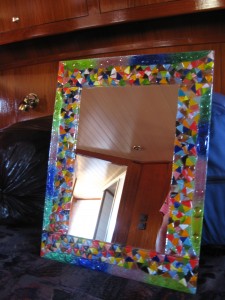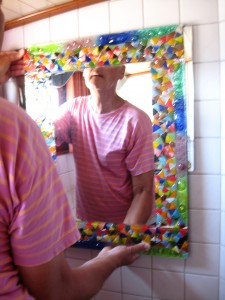Sliding Seat Rowboats for Two – Aestate Perpetua
Much as we enjoyed it, while we were both working full time Plu and I had to give up double sculling at the Vancouver Rowing Club because we could not find the relatively large blocks of time it took to get down to the club and out on the water. But now with Plu retired and Tony about to join her, we are beginning to reconnoitre the options for getting a boat for the two of us to row regularly around False Creek and English Bay. Below are links to some of the options we have found to consider.
Some initial thoughts on pros and cons:
- wooden boats are beautiful but are heavier to carry and row than fibreglass/carbon
- generally wooden boats are more costly, up to twice as much new
- wooden boats can be built substantially more cheaply from kits even when put together at the producers yard but still have their construction challenges
- safety and stability favour choosing recreational rather than racing shell boat designs
- sliding seats with outriggers are preferable to fixed seats with traditional rigs if we want to use them for exercise
- being able to row as a single as well as a double is desirable
- carbon fibre oars are preferable to wooden
Based on these considerations the options at the top of the list below initially appear to be more appealing and it seems likely a boat with basic equipment could be found for $7-9,000.
Little River Marine Heritage 15 and 18
Chesapeake Light Craft Annapolis Wherry

